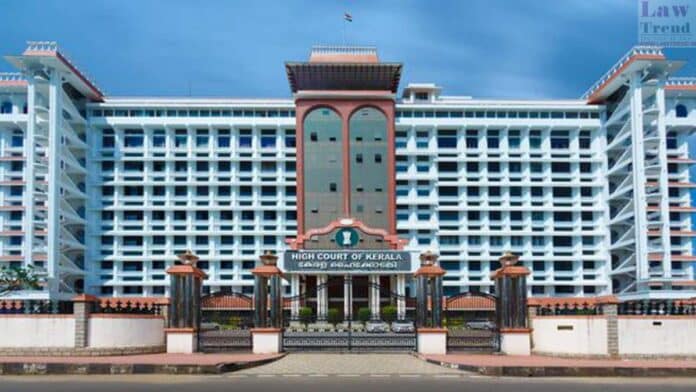In a significant judgment, the Kerala High Court, presided over by Justice Harisankar V. Menon, settled a long-standing dispute involving the Palakkad District Co-operative Bank Managing Committee and K.V. Raghavan, a former employee accused of using a forged certificate to secure employment. The court upheld the decision of the bank to terminate Raghavan’s services, dismissing
To Read More Please Subscribe to VIP Membership for Unlimited Access to All the Articles, Download Available Copies of Judgments/Order, Acess to Central/State Bare Acts, Advertisement Free Content, Access to More than 4000 Legal Drafts( Readymade Editable Formats of Suits, Petitions, Writs, Legal Notices, Divorce Petitions, 138 Notices, Bail Applications etc.) in Hindi and English.




